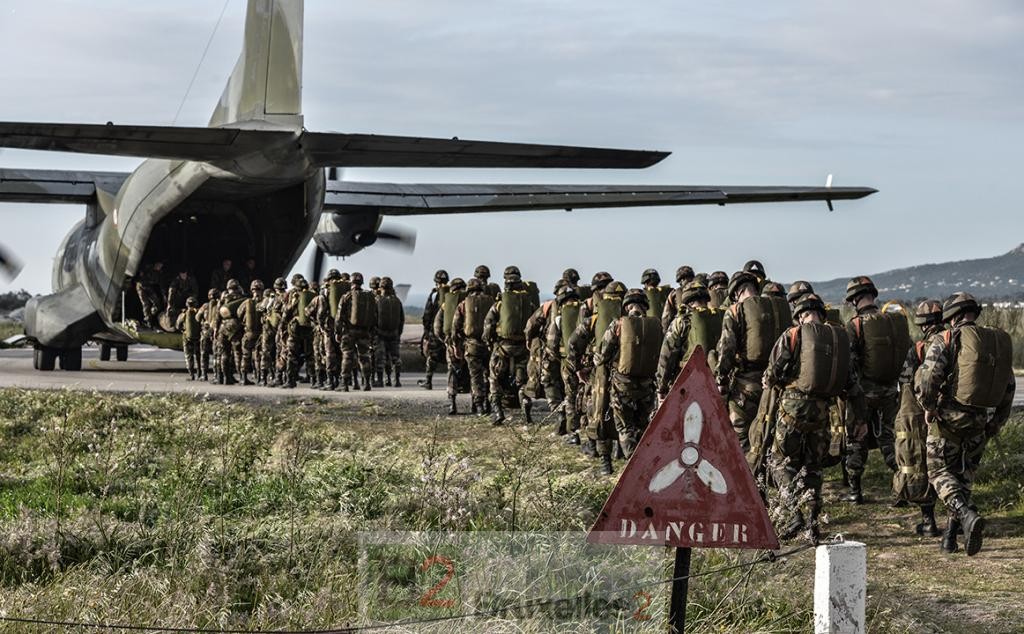Crisis management, priority of the Swedish EU Presidency

(B2) The Swedish Presidency should be active in the field of European defense and crisis management. We are beginning to know a little about the details of the priorities. Cecilia Malmström, the Swedish Minister for European Affairs, detailed certain aspects of this before the Swedish Defense College a few weeks ago. " The EU must be able to act seems to be the Swedish leitmotif for his presidency. And we can only share it. This approach is interesting because it combines civil crisis management and civil security (one of the only new competences which the EU should be given with the Lisbon Treaty).
"Protecting citizens against major risks is at the heart of European tasks". The Minister wonders and answers a question: " What kind of security the EU can offer
today and what could be expected of the Union in the future? One could answer that (this security) covers a wide range: from pirate attacks on the Somali coast or from the judicial mission in Iraq to an early warning system to detect harmful power supplies in a restaurant in Stockholm or a restaurant in Madrid . Whether it is therefore a terrorist attack in Mumbai, a major cyclone in southern Sweden, a cyberattack in Estonia or the gas crisis affecting the people of Slovakia or Bulgaria, the EU must to be able to act ". " Protecting citizens through prevention and coordination of crisis management in the event of a disaster is clearly, and clearly must be, one of the core tasks of the European Union”. The minister is also pinning a lot of hope on the Lisbon Treaty, notably with the external service and the solidarity clause. This clause, which means that a Member State "target of a terrorist attack or victim of a natural or man-made disaster may request aid from other Member States, which must provide it with assistance.»
Have a global (and not sectoral) approach to crisis prevention. For the Swedish minister, the example of the intervention in Georgia shows that the EU is capable of effectively managing more serious crises. Corn " the means with which we manage these crises are still ad hoc » she underlines. " What we lack is a holistic approach and predictability. Everyone knows how dangerous it is to work on a system based on ad hoc solutions, where everyone acts narrowly in their sector. »
A crisis management commissioner. The example of the Mumbai attacks shows this. " If in Brussels, we did not perceive it that way; on site, as we have seen, coordination was insufficientbetween member states, and with the EU. Sweden thus wants to develop EU coordination structures in the face of major risks. In the future Commission, Sweden defends the idea of a commissioner in charge of crisis management. It also intends to boost the MIC center (civil security coordination mechanism, currently a small unit of a few people lost in DG Environment) by giving it “more resources, powers and adequate skills».
Sweden armed to manage crises. To manage possible crises during its presidency, Sweden has set up two structures. A crisis management function has been created in the Prime Minister's office. And a new agency was created at the beginning of the year, the "Swedish Civil Contingencies Agency" - which is inspired by the "Swedish Rescue Services Agency" - and will have at its disposal personnel ready to leave in the event of an emergency. This dual political and operational structure is interesting. And we could already think about it at the European level. Why not establish a European center or a European Civil Security coordination agency.
Read the speech by C. Malmström
(NGV)

